
Living Lightly, our last column?
By Kirsten Coates, Coordinator 2020-2023. As I leave the role of coordinating Living Lightly, I have been reflecting on the three things I have learnt in that time. Firstly, I

By Kirsten Coates, Coordinator 2020-2023. As I leave the role of coordinating Living Lightly, I have been reflecting on the three things I have learnt in that time. Firstly, I
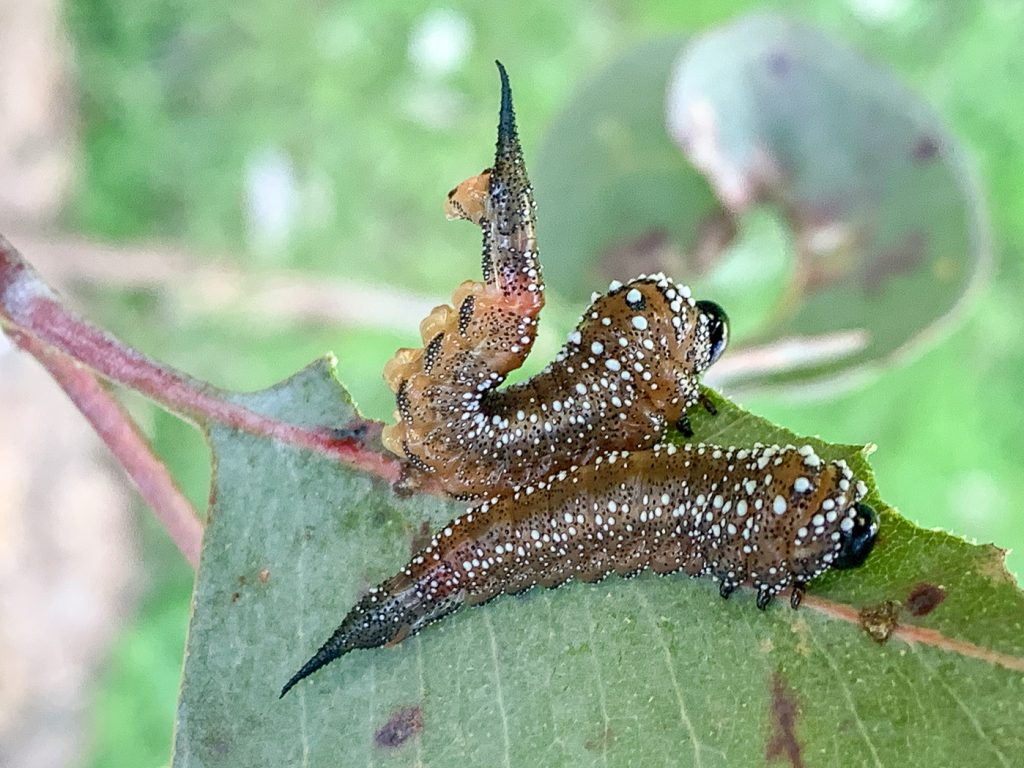
By Jonathon Howard Many insects survive on a diet of gum leaves. This is a food source low in nutrients. It also contains eucalyptol, an organic compound that is toxic
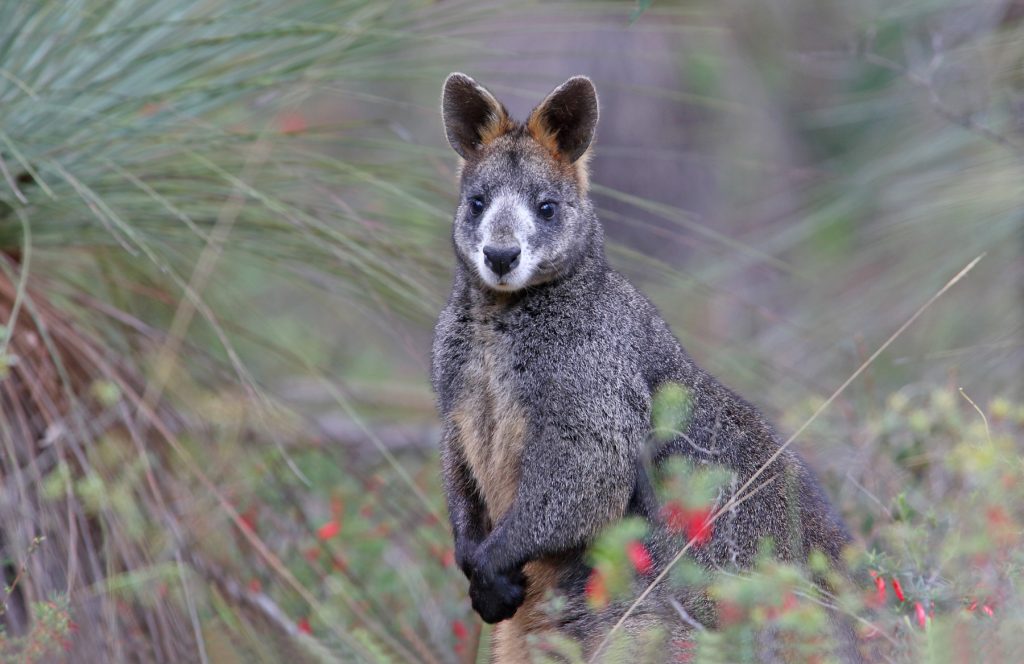
By Ian Davidson and Chris Tzaros – Wangaratta Landcare & Sustainability In this week’s Living Lightly we are featuring a marsupial, the Swamp Wallaby. They are solitary, nocturnal animals that
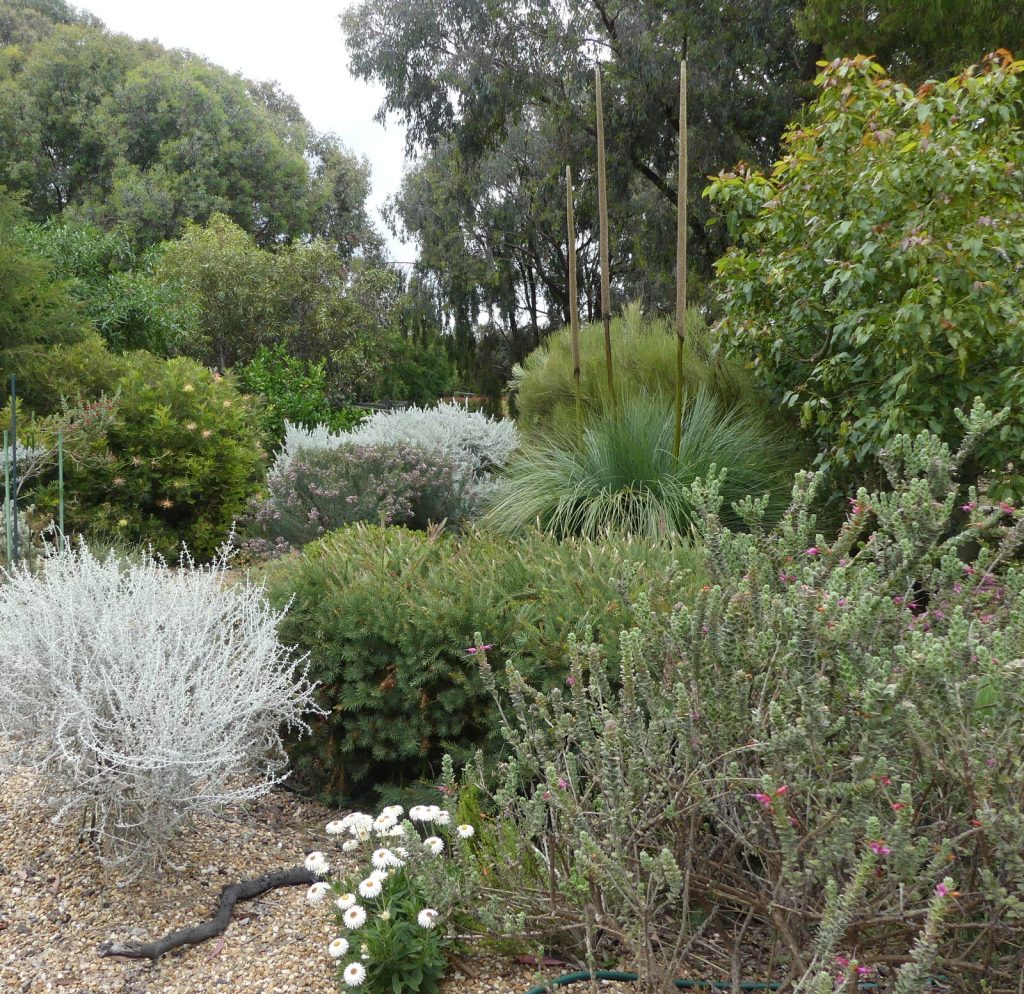
By Jonathon Howard The bird communities you find urban settings are significantly different to those in natural areas, small birds such as fairy wrens and spinebills are much less common,
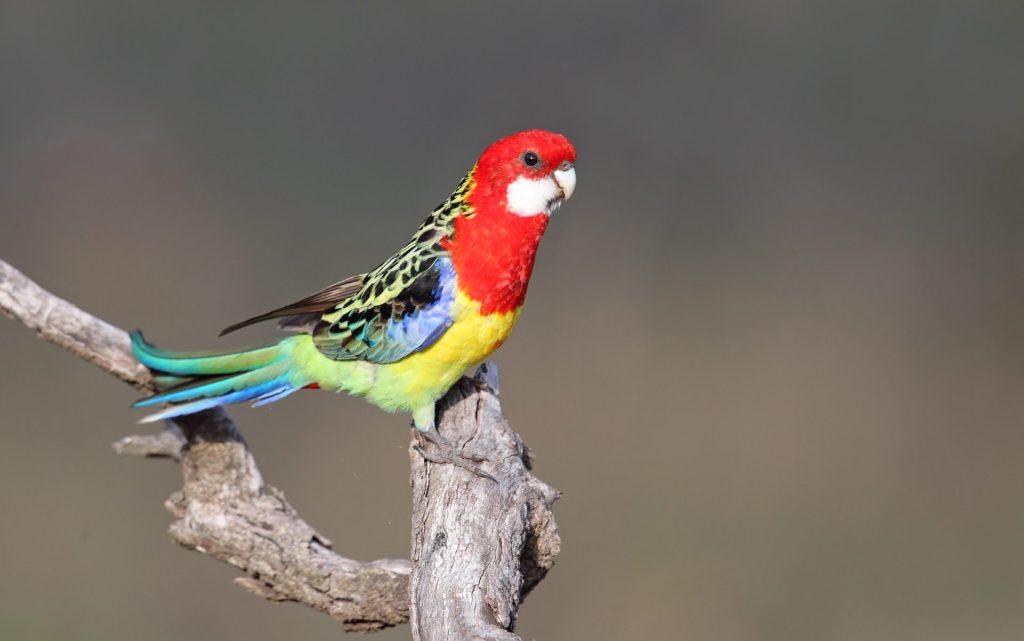
By Ian Davidson and Chris Tzaros – Wangaratta Landcare & Sustainability One of our most commonly seen and widespread parrots is the Eastern Rosella, and it is arguably one of

By Jonathon Howard It is great time to be getting things into the ground. Especially local natives because they create a garden that not only survives but thrives. But planting is not as simple
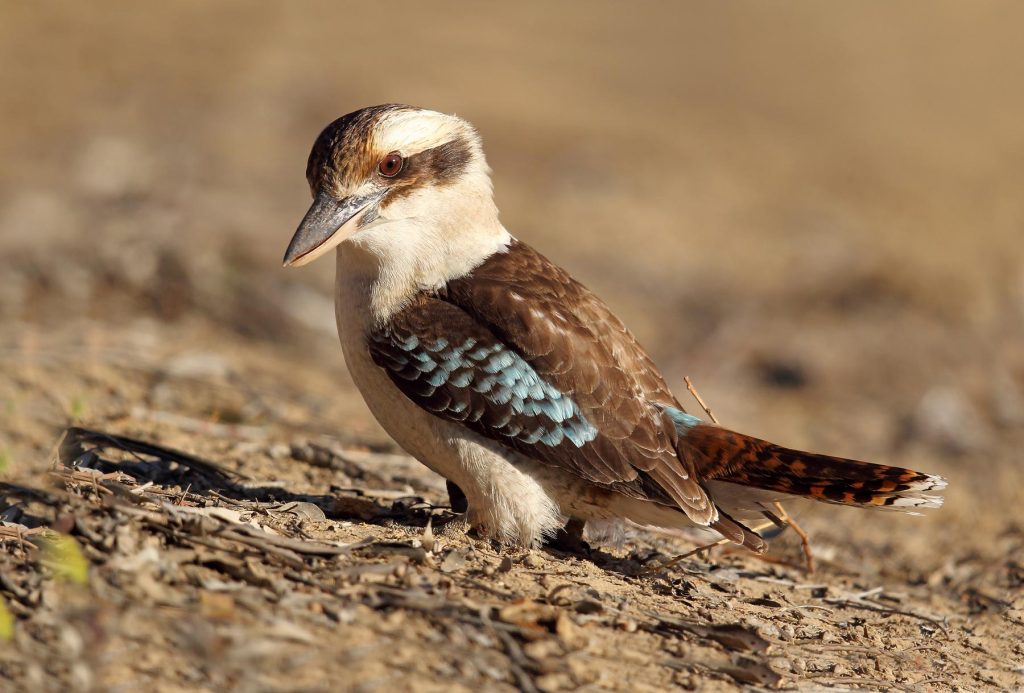
By Ian Davidson and Chris Tzaros – Wangaratta Landcare & Sustainability The raucous cackle of the Laughing Kookaburra is an essential feature of our region’s dawn chorus and is instantly
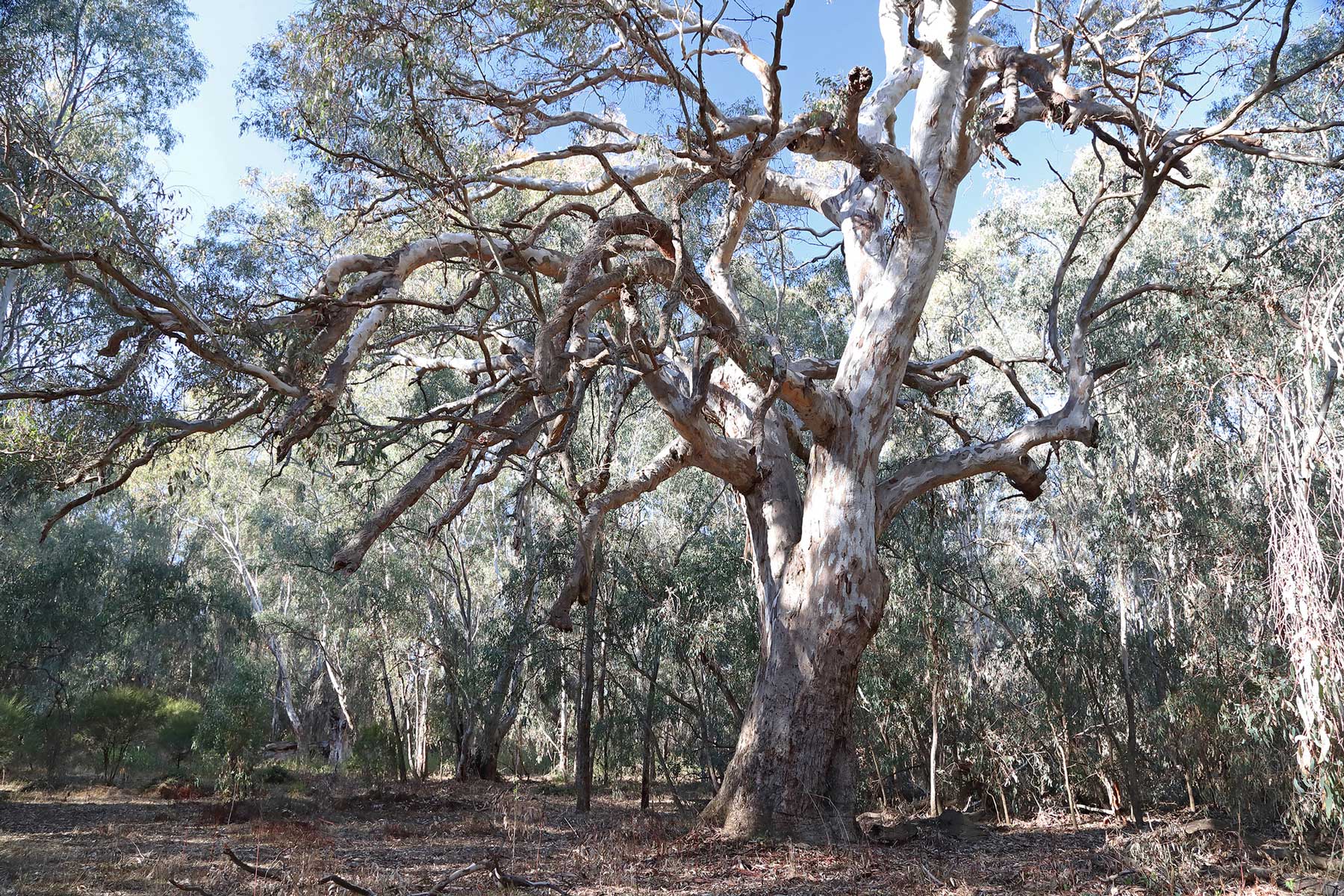
Her arching branches are ready to embrace you. At her feet, a network of roots holds steadfast and strong. She is delicate yet dogged. She gives food and offers shelter.

By Alan Hewett A recent article by comedian Rowan Atkinson, (a.k.a. ‘Mr Bean’), has caused some controversy. Although he has owned an electric vehicle (EV) for nine years he claims
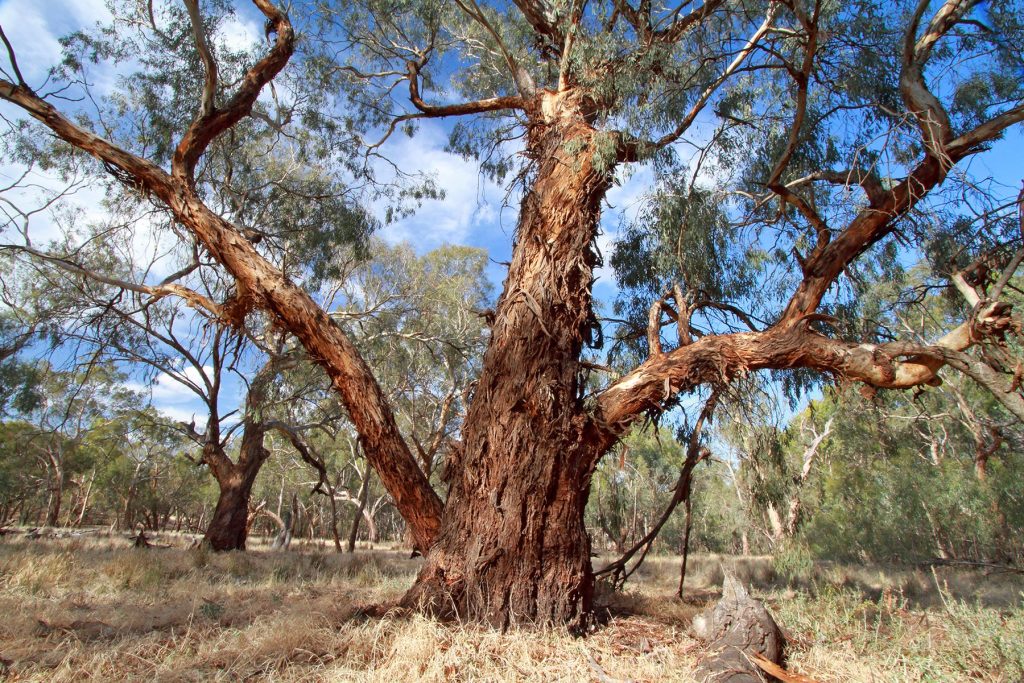
By Ian Davidson and Chris Tzaros – Wangaratta Landcare & Sustainability Yellow Box is a native tree that grows locally and is highly valued for both its attractive form and

By Alan Hewett In 1968 Paul and Anne Erlich published a book called ‘The Population Bomb.’ It predicted that over- population would place huge stresses on the environment and cause
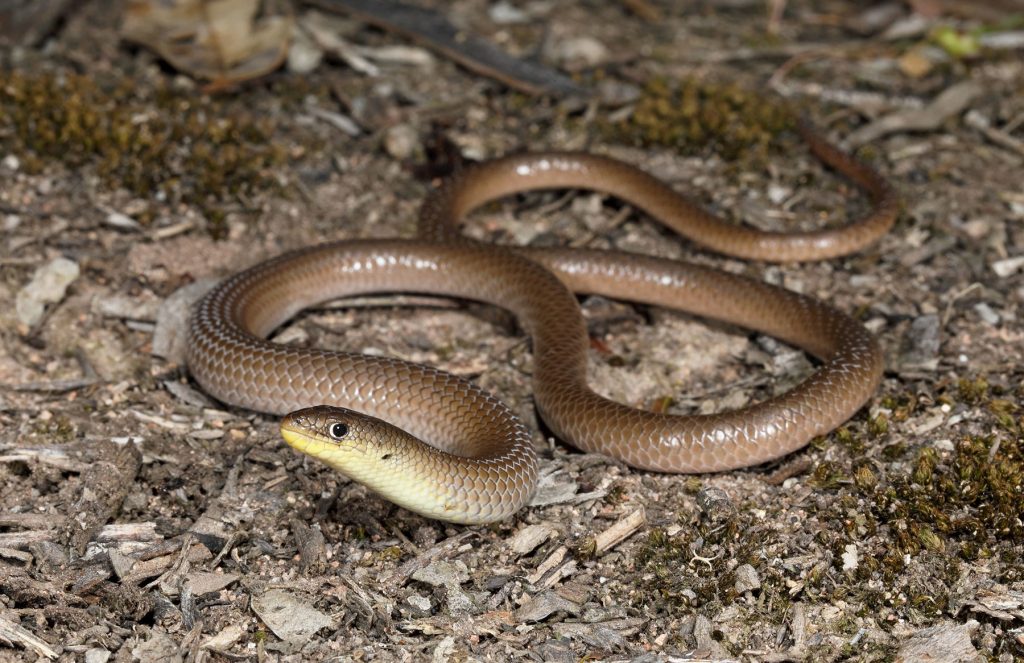
By Ian Davidson and Chris Tzaros – Wangaratta Landcare & Sustainability There are several species of legless lizards found throughout this region, perhaps the most commonly encountered being the Olive